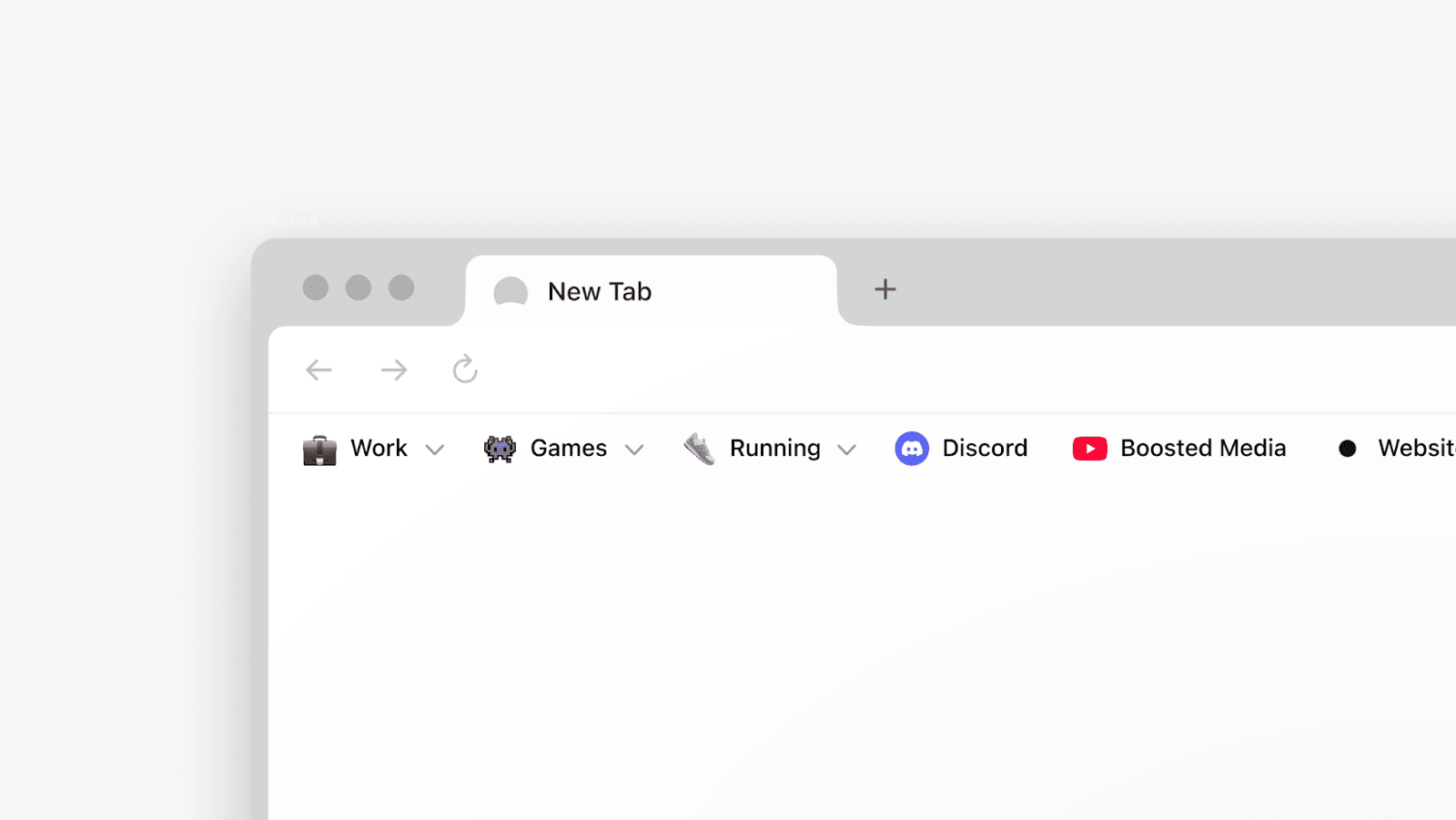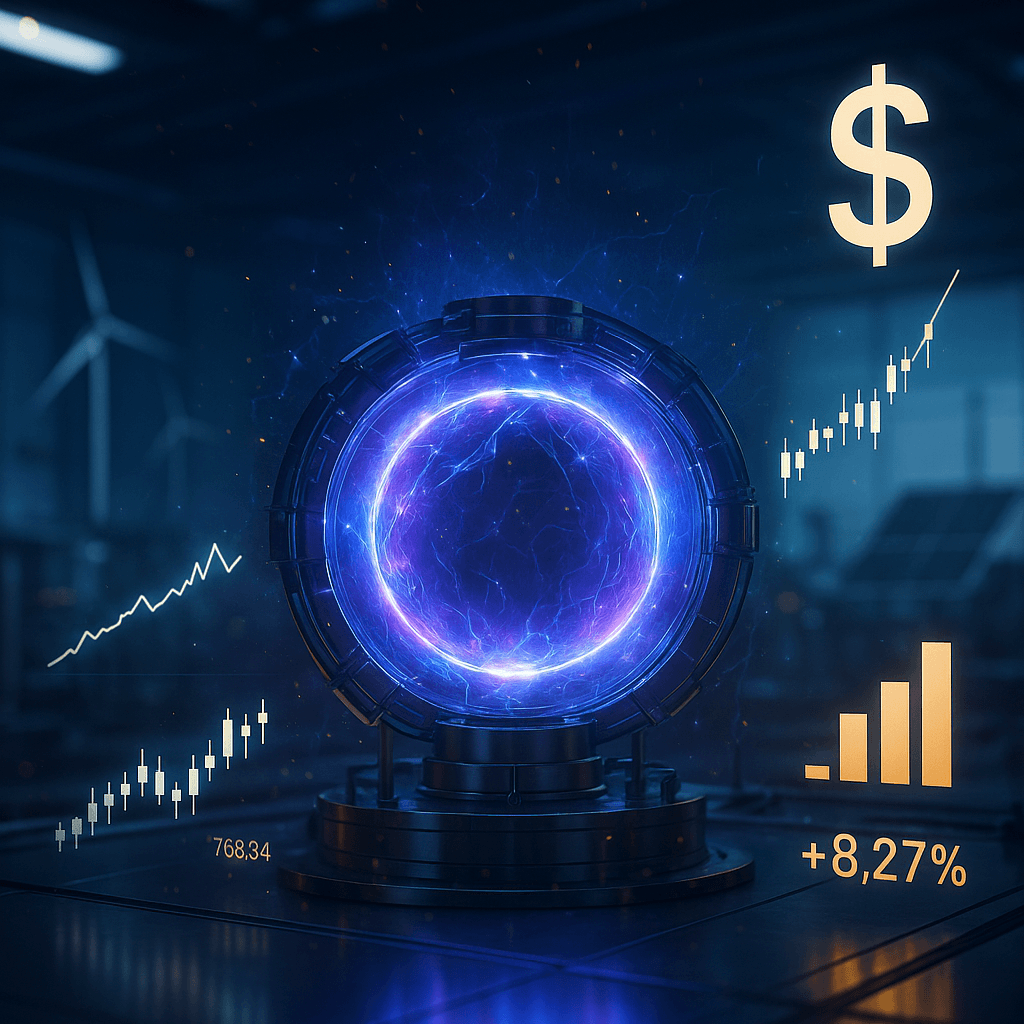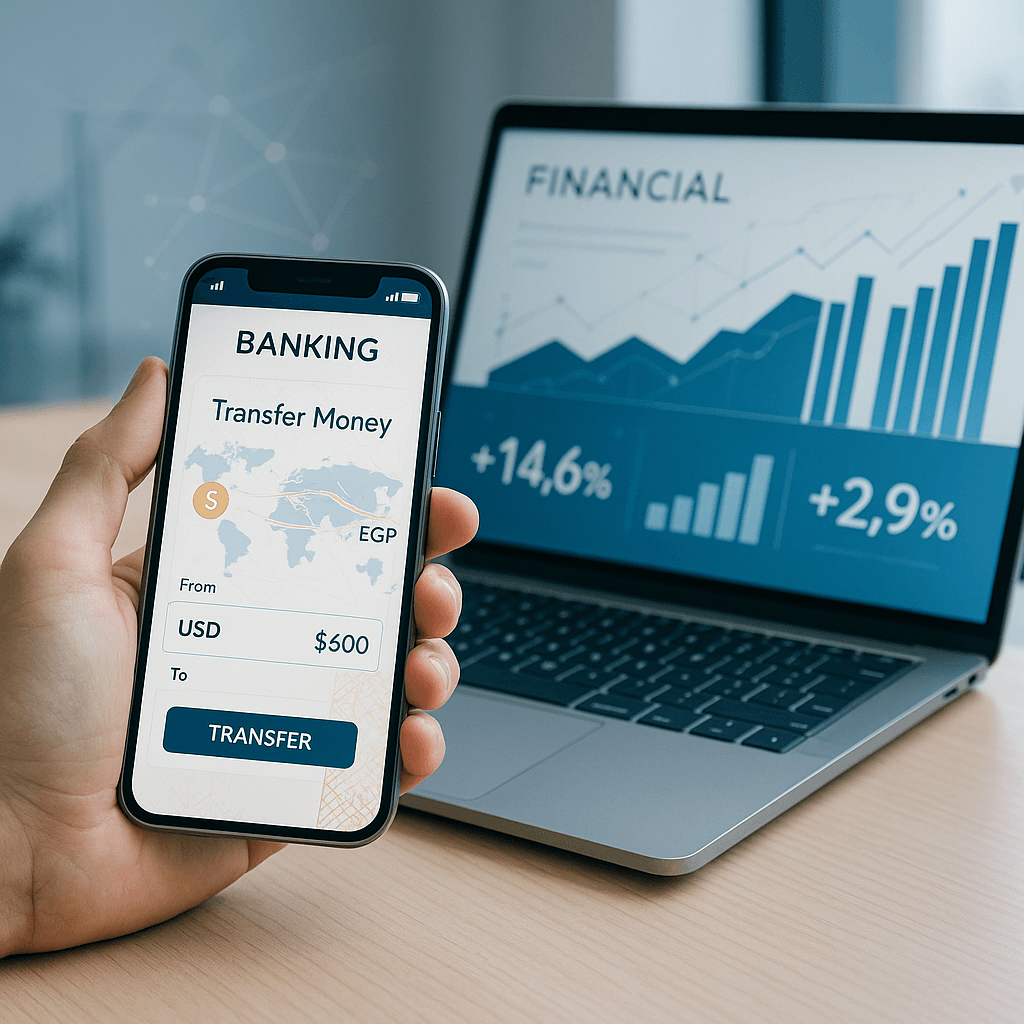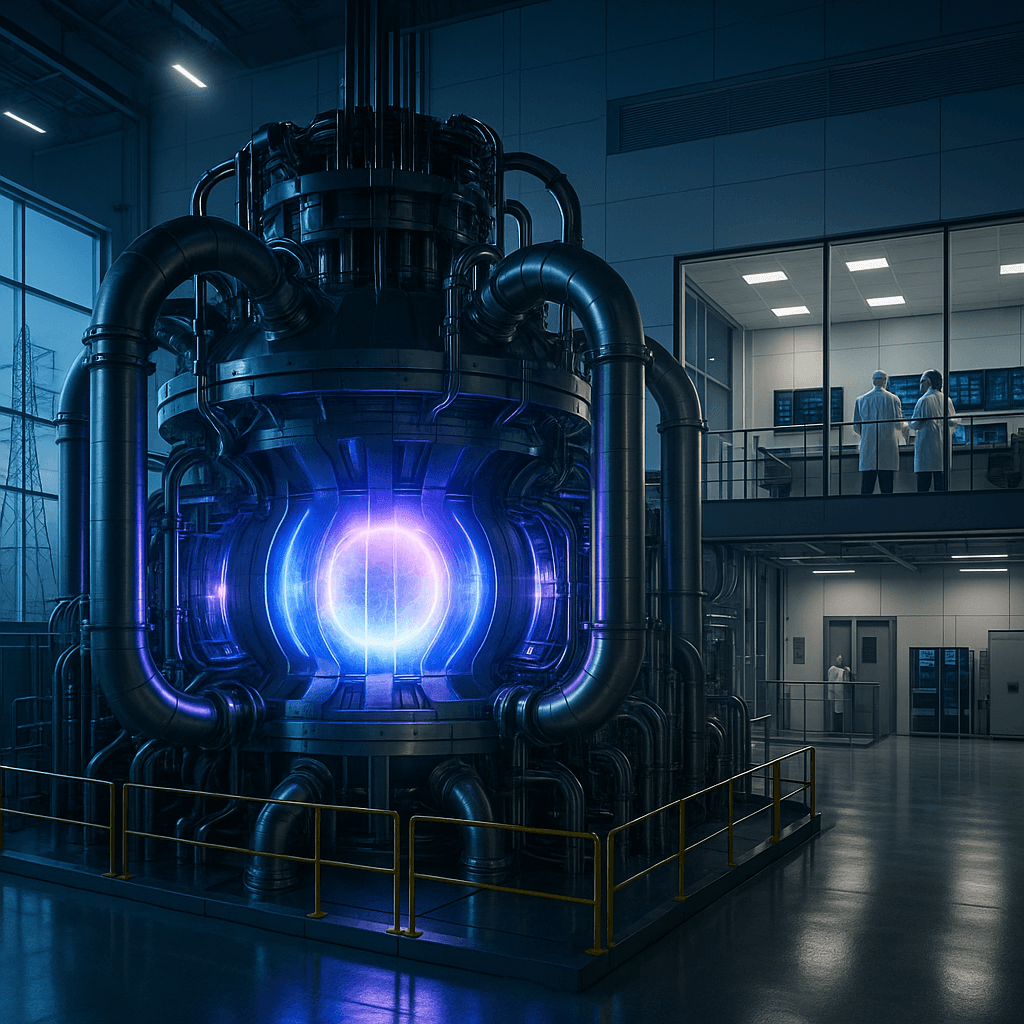Databricks just achieved a historic milestone, confirming a $1 billion funding round at a $100 billion valuation — making it one of the world's most valuable private companies. The data platform giant reached this landmark just nine months after raising $10 billion, propelled by explosive growth in AI agent adoption and $4 billion in annual recurring revenue.
Databricks just became one of the world's most valuable private companies with a thunderbolt $1 billion funding round that values the data platform at $100 billion. The round, confirmed by the company today, comes just nine months after the AI data giant raised a staggering $15.3 billion in January.
The speed of this latest raise reflects the explosive growth in AI-driven database creation that's reshaping enterprise data infrastructure. "A year ago, we saw in the data that 30% of the databases were not created by humans," CEO Ali Ghodsi told TechCrunch in August when rumors first surfaced. "For the first time, they were created by AI agents. And this year, the statistic is 80%."
That shift has turbocharged Databricks' revenue growth, with the company now generating $4 billion in annual recurring revenue — a metric that puts it firmly in the upper echelon of enterprise software companies. The $100 billion valuation places Databricks alongside industry titans like SpaceX and ByteDance, and ahead of established public companies including Intel and Qualcomm.
Thrive Capital and Insight Partners co-led the round, the same duo that backed Databricks' massive January raise. The connection runs deep — Ghodsi considers Thrive founder Jared Kushner a personal friend, while Insight has been betting on Databricks since its early days.
"We have seen many of our portfolio companies adopt Databricks," Insight Partners Managing Director John Wolff told TechCrunch. That portfolio perspective gives Insight unique visibility into how enterprises are embracing AI-powered data platforms across industries.
The funding comes as Databricks positions itself to challenge database incumbents in the AI agent era. Ghodsi revealed the company is using the fresh capital to build what he calls a "Supabase-competitor database for AI agents" — targeting the rapidly growing market where autonomous systems create and manage their own data structures.












